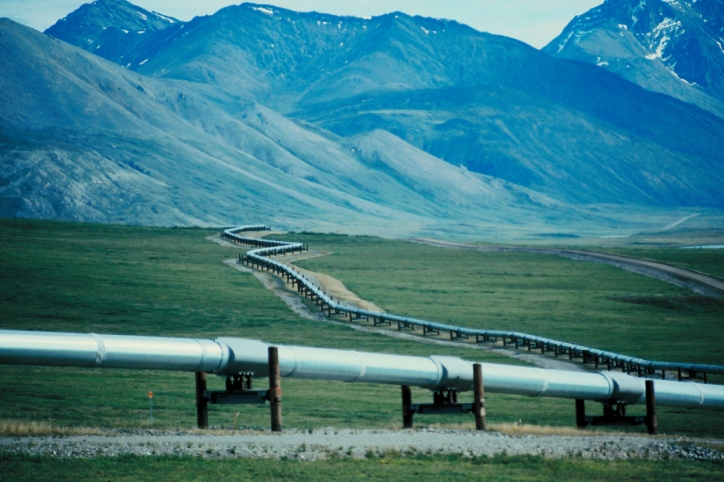Commodities & Metals
What the Keystone XL Pipeline Won’t Change
Published:
Last Updated:

Current U.S. law prohibits the export of crude oil and it is highly unlikely that Congress will change that law, with or without the Keystone XL pipeline. Nor should the law change. U.S. crude exports would have virtually no impact on global oil markets, so there’s really no point to re-exporting crude. That doesn’t mean there won’t be some winners.
The major refiners along the Gulf Coast — BP plc (NYSE: BP), Exxon Mobil Corp. (NYSE: XOM), Royal Dutch Shell plc (NYSE: RDS-A), and Valero Corp. (NYSE: VLO) to name the largest — along with the pipeline’s owner, Transcanada Corp. (NYSE: TRP), stand to be the major beneficiaries. There is no law prohibiting the export of refined products, and U.S. exports would have to increase because U.S. consumption is falling and the prohibition against exporting crude means that if it’s not refined for export it might as well stay in Canada. The other winners would be the producers operating in the Canadian oil sands who will receive higher prices for their production.
Notice that U.S. drivers are not among the principal beneficiaries of the Keystone XL pipeline. Pump prices for refined products like gasoline and diesel fuel should become less volatile, but they won’t fall dramatically if the pipeline is built. As the American Automobile Association said Monday morning, U.S. gasoline prices look to be permanently stuck above $3.00 a gallon on average for the foreseeable future.
The U.S. already exported about 3.2 million barrels a day of refined products last year according to the U.S. Energy Information Administration. U.S. imports averaged 10.6 million barrels a day in 2012. Net imports from Canada make up 34% of U.S. imports, while Saudi Arabia accounts for another 18%. The other top five suppliers are Mexico, Venezuela, and Russia which combine to provide 28% of net U.S. imports. More than half the 1 million barrels a day of crude oil imported from Mexico is exported back to that country as refined products.
Net U.S. imports in the week ending September 6th totaled just 6.28 million barrels a day — 7.96 million barrels of crude imports less 1.68 million barrels of product exports. In the same week a year ago net U.S. imports totaled 7.93 million barrels and in 2011 the total was 8 million barrels.
The decline in U.S. consumption won’t be halted by the Keystone XL pipeline sending more crude oil to the Gulf Coast resulting ultimately in falling gasoline prices. Because the market for crude oil and refined products is global, lowering the flow through one spigot of the global bathtub full of oil only means than another country — China, India? — gets to open its spigot a little more.
Retirement can be daunting, but it doesn’t need to be.
Imagine having an expert in your corner to help you with your financial goals. Someone to help you determine if you’re ahead, behind, or right on track. With SmartAsset, that’s not just a dream—it’s reality. This free tool connects you with pre-screened financial advisors who work in your best interests. It’s quick, it’s easy, so take the leap today and start planning smarter!
Don’t waste another minute; get started right here and help your retirement dreams become a retirement reality.
Thank you for reading! Have some feedback for us?
Contact the 24/7 Wall St. editorial team.